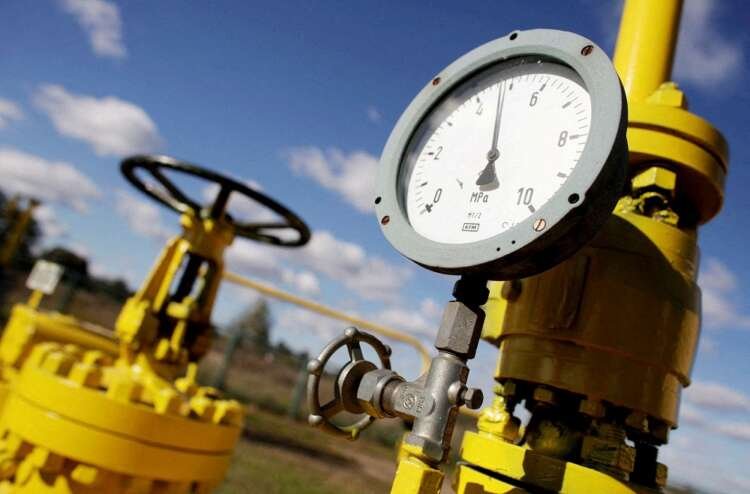Bank of Spain sees EU GDP hit by up to 4.2% if Russia imports banned


By Jesús Aguado
MADRID (Reuters) – A potential halt of energy imports from Russia would have a negative short-term economic impact of eroding gross domestic product for the European Union as a whole by between 2.5% and 4.2%, Spain’s central bank said on Tuesday.
The Bank of Spain said in an analytical report that the magnitude of the estimated impact in the first year of trade suspension should later diminish, reflecting Europe’s increasing adaptability in replacing Russian imports.
The economic brunt would be significantly greater in the three largest euro area economies – Germany, Italy and France – and in Eastern European countries, due to their higher reliance on Russian energy supplies, the report said.
For Germany, there would be an estimated drop in activity of between 1.9% and 3.4% of GDP, 2.3%-3.9% for Italy, 1.2%-2% for France, and between 0.8% and 1.4% for Spain, said Javier Quintana, research economist from the Bank of Spain.
European Union leaders agreed in principle on Monday to cut 90% of oil imports from Russia by the end of this year.
In Germany, the issue has been the subject of increasing debate given its relatively high energy dependence on Russia.
For the EU as a whole, there would also be an increase of between 1.6 and 2.7 percentage points in the inflation rate, the report said, projecting an additional 0.8-1.2 percentage points for Spain.
Euro zone inflation rose to yet another record high of 8.1% year-on-year in May.
These projections, subject to enormous geopolitical uncertainty, are based on a hypothetical halt of all supplies of energy commodities from Russia.
The suspension of imports of oil products would have a lower impact than the disruption of inflow of Russian natural gas and coal, it said.
A hypothetical halt of the remaining trade flows with Russia would have an additional negative effect on European economies, although its magnitude would be substantially smaller than that from energy raw materials.
(Reporting by Jesús Aguado; additional reporting by Emma Pinedo; editing by Andrei Khalip and Bernadette Baum)
Inflation is the rate at which the general level of prices for goods and services rises, eroding purchasing power. It is often measured by the Consumer Price Index (CPI).
Energy imports refer to the purchase of energy resources, such as oil, gas, and coal, from foreign countries to meet domestic energy needs.
The euro area consists of European Union countries that have adopted the euro as their official currency, facilitating easier trade and economic stability among member states.
Explore more articles in the Top Stories category











